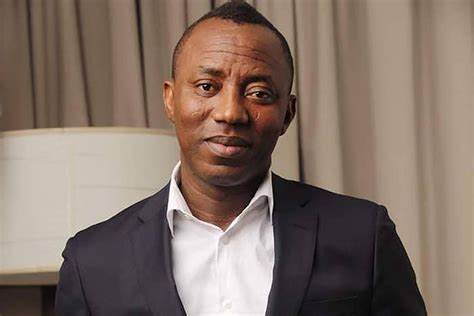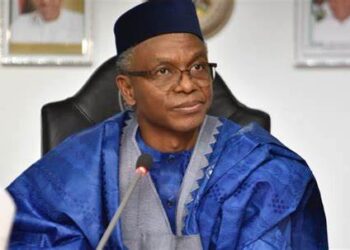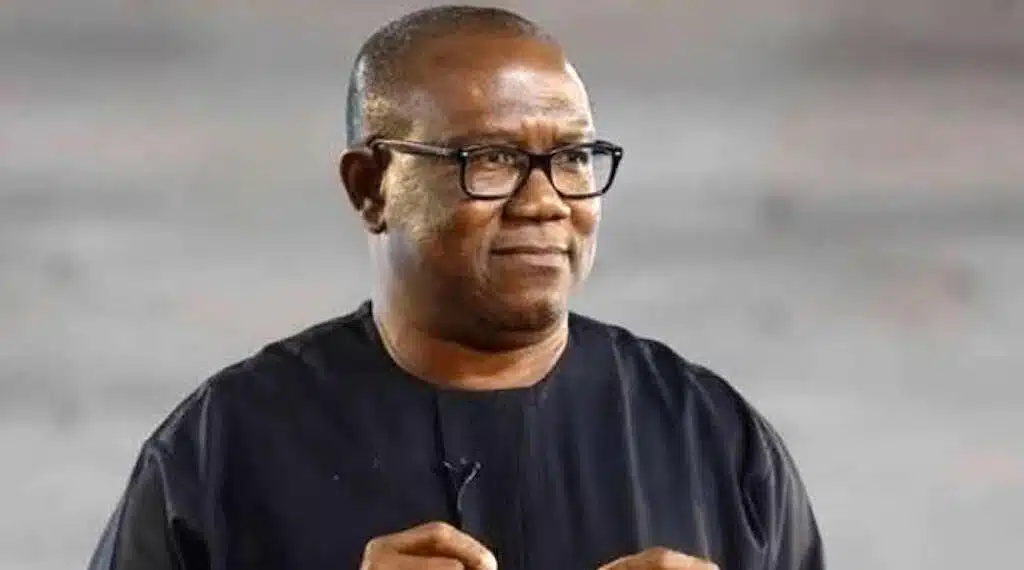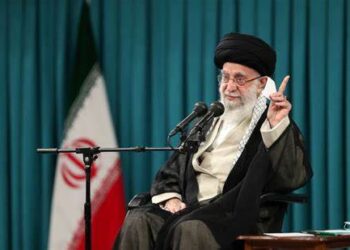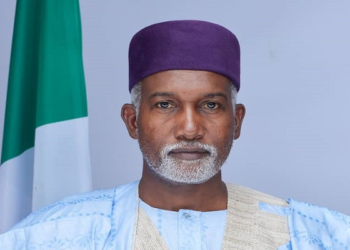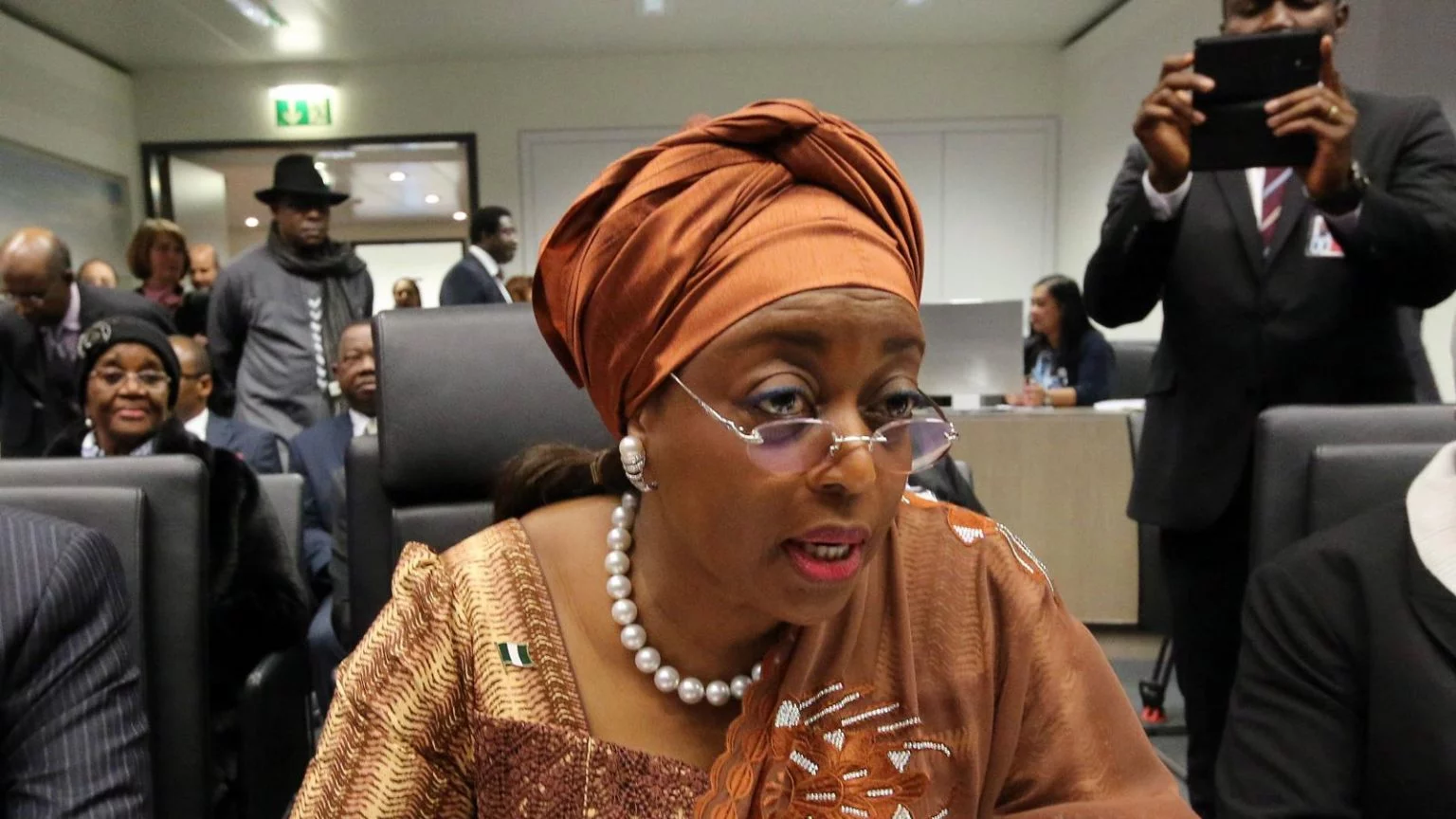Human rights activist and former African Action Congress presidential candidate Omoyele Sowore has refused to comply with demands from the Department of State Services to delete a controversial social media post targeting President Bola Tinubu.
In a statement released on Sunday, Sowore revealed that the DSS had contacted X, formerly known as Twitter, requesting the deactivation of his account within 24 hours due to the disputed post. The activist made clear his intention to resist the pressure, declaring that deleting the tweet was not an option he would consider.
Sowore disclosed that X had officially notified him about receiving what he characterized as a “despicable threat letter” from the security agency regarding his post about President Tinubu. He thanked the social media platform for informing him of the government pressure while maintaining his defiant stance.
According to the activist, the DSS action followed demonstrations staged by alleged pro-government protesters at the Federal High Court and Ministry of Justice, where they called for his arrest. Sowore condemned these developments as unconstitutional and described them as “a desecration of national dignity.”
The former presidential candidate accused the security agency of attempting to “export national disgrace to the US” through efforts to pressure American-based social media companies into silencing opposition voices. He characterized this approach as an extension of domestic repression onto international platforms.
Sowore detailed what he described as ongoing harassment from both the DSS and police forces, citing multiple arrests, passport seizure, and what he termed fabricated charges. The activist also claimed he was recently physically assaulted by armed police officers and faced false terrorism financing allegations in court proceedings.
Despite facing intensified government pressure, Sowore pledged to continue his opposition activities against the Tinubu administration. He emphasized that his activism would persist regardless of social media access or personal circumstances, stating that the struggle would continue “ceaselessly with or without a Twitter account, with or without Facebook, and whether I am in jail or outside of it.”
The confrontation highlights ongoing tensions between the current administration and opposition figures, particularly regarding freedom of expression and the use of social media platforms for political criticism. The incident also raises questions about government attempts to influence international technology companies operating in Nigeria.

